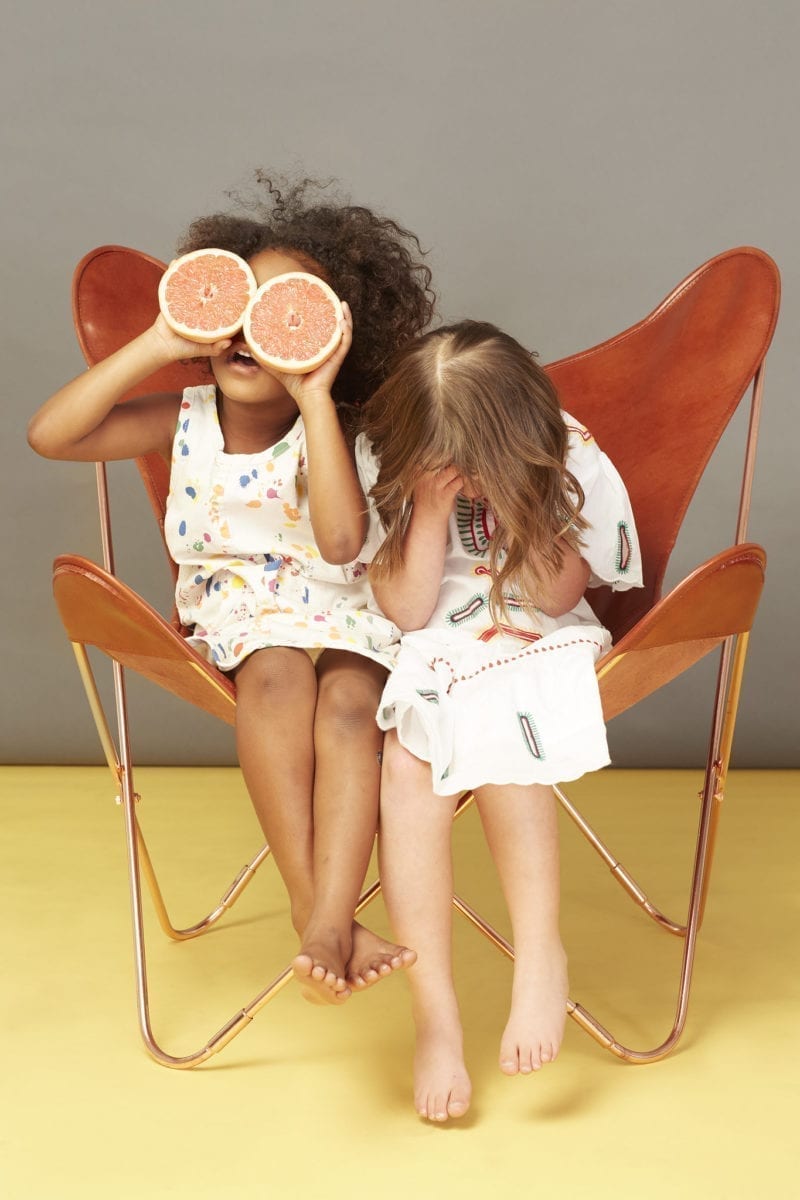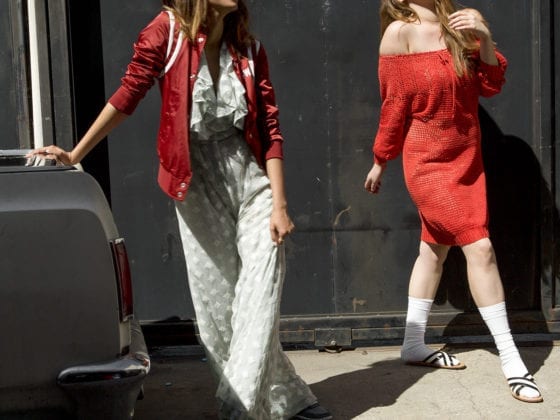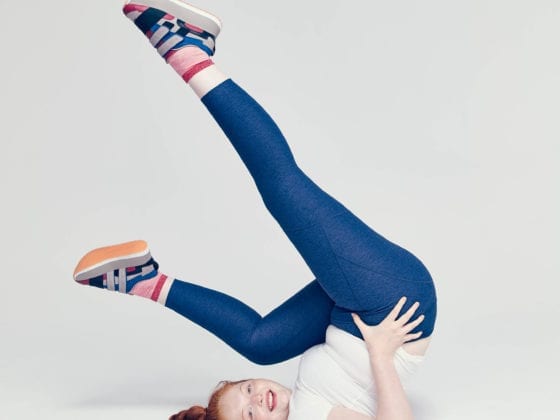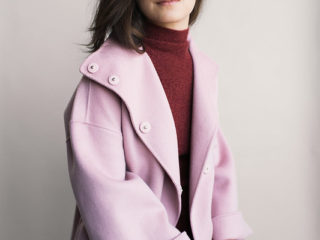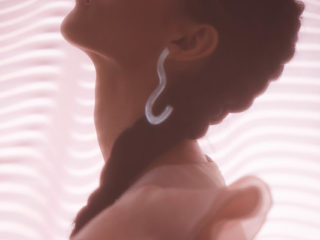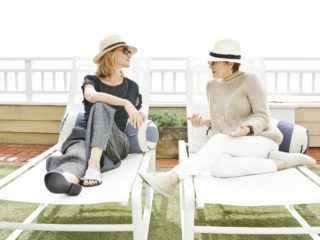Two years ago, I drove my then 15-year-old daughter and two friends to pick up Thai food from their favorite spot. As I listened to them laugh in the backseat, part of me wished I was 15 again too. I remember my days of giggling with girlfriends. It seems like both a thousand years ago and yesterday.
My mentor, Dan Allender, says we carry “all the ages we were within us.” This truth is part of our paradox as mothers. As you rock your newborn, a part of you is an implicit memory of being a newborn. So what rises within you is both the strong desire to love this tiny being who smells like milky fresh air and to love the newborn you carry within yourself.
Our story of motherhood is both about how we were cared for and about how we will care for our children. It all begins in the womb.
There is such safety in having little beings grow inside us. For the most part, we can determine if they are getting the correct amount of nutrients, if they are growing correctly, that they are getting enough rest and that they are not in danger. Yet, every mother I’ve known has wondered if she is tending to her body, worried about the glasses of wine she had before she knew she was pregnant or aware of her own anxiety so acutely that she fears it is affecting her baby. We feel safe and terrified all at once for a multitude of reasons.
Our story of motherhood is both about how we were cared for and about how we will care for our children.
After a newborn is brought into the world, the growth required by baby and mother is parallel. Days are spent swaddling and swearing. Feeding and floundering. Reveling and reeling. Then, a type of rhythm eventually occurs. We realize it all just keeps changing. No matter how many times we think we master the rhythm of caregiving, the baby changes. We change, and round after round it goes.
Somehow in this cycle, a mother is formed and a child is grown. We practice both creating connection and letting go from day one of motherhood. We love our pregnant bellies, but we can’t wait to reclaim our former bodies. We gently rock our newborn while sleepily dreaming of letting her sleep on her own. We imagine him going to kindergarten just so we can do one thing without interruption. Yet, we then find ourselves crying behind the steering wheel after walking him to the classroom.
We see their bodies change in puberty and stand in shock, wondering if body hair changes personality. We don’t sleep when our teenagers are out late, and we find our bodies relax as they walk in the front door. We see the baby still inside when a certain smile crosses their teenage faces.
We practice both creating connection and letting go from day one of motherhood.
To every mama, I see you. I see you where you are: making pancakes as an act of love; listening to one more story about something that does not interest you; crying because you are tired but love your kids; holding them in your heart as you fall asleep because they no longer fit in your arms; wondering what it means to let go and hang on while still being yourself; letting tears leak on your pillow because some days you still need a mom; lifting your head and asking, “Where did the years go?” as you worked hard to get them what they needed.
To you mamas of children of color, you carry a fierce load on your shoulders. May I and other white mamas become more aware of how to fight alongside you and act on that.
To you mamas of neurodiverse children, you pave the way for kids to get resources even though no one has paved the way for you.
To the moms of adopted children, no matter how much you prepared, it wasn’t quite enough but you get up to do it again every day.
To the mothers of differently abled children, you wake up tired, eat tired and go to bed tired. I see how you love.
To the mothers who have lost a child, the way you ache, long and keep moving forward in grief is humbling and inspiring.
Mamas grow babies in their bodies. Then, for the rest of their lives, they practice letting them go. We become unique, intimately attuned women because of motherhood. However, our job is to be anchors, not passengers, in their lives. Mothering is the art of becoming the anchor whose weight does not hold her children back but instead, allows them to feel safe enough to emerge as intended: as interdependent, wily wonders.
I see you, mother anchors. You are a stable, confident weight, ready for the ebbs and flows, the art of learning letting go in motherhood.
In what ways are you currently learning to allow your children to learn or grow in independence? Has it ever been difficult let go of your children?
Image via Prakash Shroff, Darling Issue No. 16
